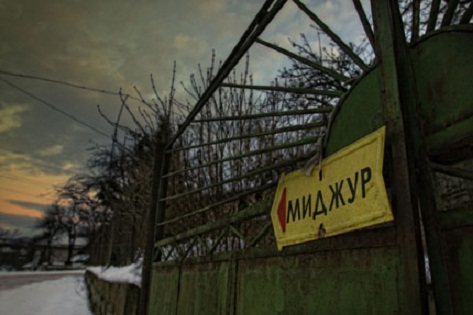Anastasia Balezdrova
The tragic accident in the workshop for the utilization of land mines in the village of Gorni Lom and the information that appeared in the Bulgarian media stating that the munitions were part of Greece’s arsenal provoked GRReporter to seek information about them and how they had come to Bulgaria to be destroyed.
"Under the Ottawa Treaty which entered into force in 1999, Greece committed to destroy four types of land mines", the spokesman of the General Staff of the Greek Army told GRReporter. He explained that in connection with their destruction, the army concluded a contract with the state-owned company Hellenic Defence Systems S.A. which is responsible for the arrangements regarding the destruction of the mines.
Meanwhile, the question arose as to what was the exact number of mines that had to be utilized. We the found the answer on the website of the International Campaign to Ban Landmines. It is worth noting that in 1997 it received the Nobel Peace Prize for its activity.

According to the report published on 2 April 2008, Greece is one of the countries lagging behind in the implementation of this commitment and the approximate number of undestroyed land mines is 1.6 million. In the same text it is stated that Greece has not informed the other countries participating in the agreement about failing to meet the statutory deadline. "Obviously the country has not yet signed a contract for the destruction of the mines. To date, it has not destroyed any part of the mines", write the authors of the report from ICBL.
The data match the information published on the website of the Bluelink civil action network. According to it, on 6 July 2008, engineer Peter Penchev from Ecoglasnost National Movement made a request to the then Prime Minister Sergey Stanishev calling for the intervention of the state in the suspension of imports of 1.6 million land mines from Greece for destruction in Bulgaria.
For more than a year the activist received no reply and meanwhile he appealed against the silence of the government before the Supreme Administrative Court. It was not before 7 October 2009 that Penchev received an answer from the Interdepartmental Council on the Military Industrial Complex and Mobilisation Readiness of Bulgaria with the Council of Ministers, which was then headed by Boyko Borisov.
The text of Bluelink reads: "From there he learned about the imports of 1,568,159 land mines with all their "utilization". Activist received a copy of Permit dated 04.09.2009 for the transfer of weapons issued by the Interministerial Commission for Export Control and Non-Proliferation of Weapons of Mass Destruction with the Ministry of Economy, Energy and Tourism, issued to the company Videx AD whose owner was Valeri Mitkov, for the import of landmines M-2, DM-31, M-16 and M-14, the importer being Hellenic Defence Systems S.A. - Greece. In the contract signed a year earlier - on 10.07.2008, it was stated that the payment would be 0.32 Euros for the destruction of one mine".

GRReporter contacted a representative of the company Hellenic Defence Systems S.A., who refused to give any information in connection with these contracts. The argument was that their content was confidential.
The technical company AKMON which, according to a source of GRReporter, is a sub-contractor under this procurement, also reacted in a similar way. Despite our repeated efforts to contact any of the representatives of the company, this was impossible.